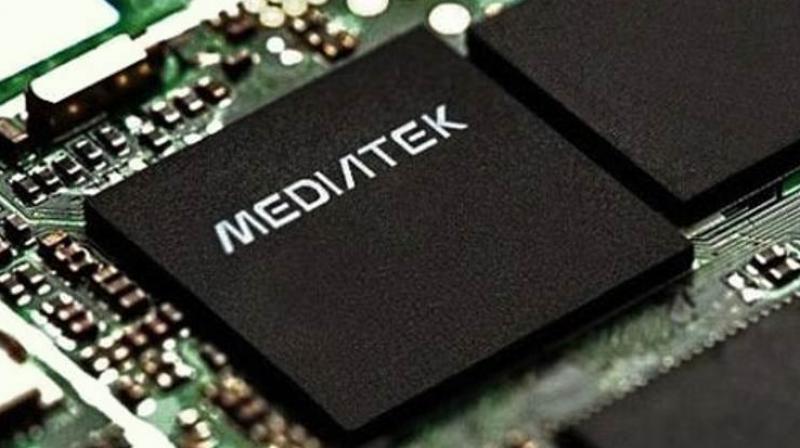Mediatek launches MT2533D chipset for smart headsets and hands-free systems

MediaTek has announced the availability of MT2533D, a chipset for smart, connected headphones, headsets, earpieces and hands-free systems.
The MT2533D is designed for wireless headphones and in-vehicle hands-free systems. The chipset is ideal for stand-alone sports headsets or travel earpieces as it offers local MP3 playback, making music playback possible without the need to pair a smartphone. Such devices could offer users access to up to 1000 tracks using the support for 4GB external storage.
The MT 2533D combines an audio Analog Front End (AFE) and Digital Signal Processor (DSP) with an energy-efficient ARM Cortex-M4 processor, 4MB memory (PSRAM and flash) and dual-mode Bluetooth (2.1 and 4.2 Low Energy) radio.
To support applications that need advanced audio management, MT2533D integrates a DSP that comes with 128KB IRAM, 250KB DRAM, and 96KB SRAM for various speech enhancement algorithms. This DSP delivers native Dual Microphone Noise Reduction (DMNR) technology and supports third-party software for a voicewake-up command. It also supports A2DP, HFP, Advanced Wireless Stereo, and MP3 local playback.
Whether playing music, taking part in a conference call or making a hands-free call from a car, MT2533D offers high-quality audio with minimal power consumption. The chipset can also act as the MCU for other applications, which can include biosensing. In addition, it offers display and camera interfaces, and can work with additional connectivity, such as Wi-Fi, using the SDIO feature.
MT2533D is one of a series of chipsets supported by the MediaTek LinkIt Development Platform for RTOS. The chipset will be available to device makers in Q1 2017.
Key features of this platform include:
- Based on the FreeRTOS, with additional open-source modules (source code available).
- Supports chipsets based on the ARM Cortex-M4 architecture, offering high performance, low power connectivity.
- Development and debugging in ARM Keil μVision, IAR Embedded Workbench and GCC.

